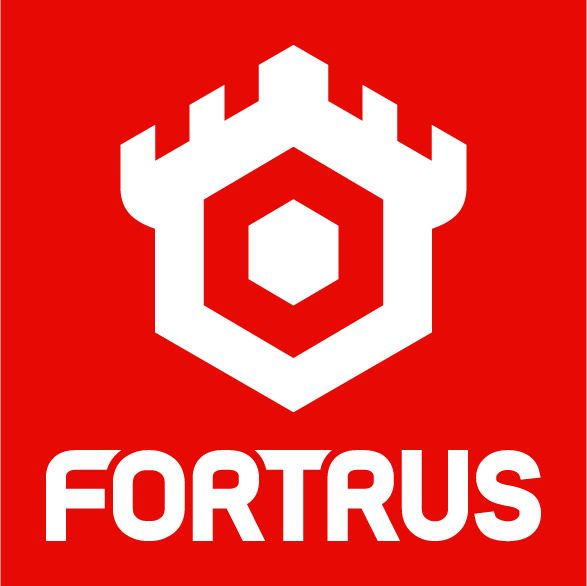Press release -
Liverpool Women’s Hospital Digitise Medical Records using the innovative ‘Unity’ solution
In 2014, Liverpool Women's Hospital went live with a new Electronic Document Management System (EDMS) utilising the innovative Unity solution from Fortrus, and Documentum from EMC.
The EDMS is used to create a fully electronic version of a patients records by replacing the paper version with a scanned digital image of the original document, which can be accessed from anywhere across the hospital network at any time. These records can only be viewed by authorised staff within the Trust that have been given the rights to view the records as part of a patients care delivery.
The Trust needed a solution to manage their medical records and to conform to the Government standards for medical records as set by the 2015 targets, The IDCR (Integrated Digital Care Record) a government initiative applied to all NHS Trusts, meant that the trust needed a vision to assist them not only reach, but exceed the requirements laid out within it.
David Walliker, Chief Information Officer at Liverpool Women’s Hospital commented on the project:
‘The driving force for LWH was not only to reduce the daily costs associated with managing our medical records, whilst ensuring compliance with regulatory guidelines, but also to enable the ability to view a record at any place or point removing the reliance on a single copy, as happens with paper. This formed part of the Doing IT RIGHT strategy (Record Management, Intelligent Working, Greener, Holistic, Technology Led), which the ‘Unity’ solution provided by Fortrus, enabled the Trust to achieve. The key criteria for the selection of the ‘Unity’ solution was the acceptance it gained, based upon the overall solution user experience, from the 53 clinicians that participated in the project.’
The Trust will use the Unity solution in order to display the patient record within a new Clinical Portal. This will replace the traditional patient record in that it will display not only the paper record electronically, but also any other information held about patient care on other specialist systems, such as x-rays, ultrasound and blood results, so that staff delivering care have a single view of all the information about the patient, and can be viewed via a desktop or mobile device.
By using the UNITY search tools, a clinician can quickly view data by attendance, document type, date or specialty for example. This allows clinicians to find information far more efficiently and effectively, ensuring minimal distraction from their daily routine, providing a single view of the record, instead of having to scan through paper case notes and electronic systems to gather all the relevant information about the care received.
The Medical Records library staff will gain immediate efficiency savings in tracking, pulling, re-filing, preparing, auditing and locating the health records. The automation of this file tracking process will also release clinic-side staff from this administrative chore and thereby make more patient-facing time available.
For Further Information:
Leigh Baillie
Chief Marketing Officer
Fortrus Ltd
07894 517828
Leigh.Baillie@fortrus.com
Related links
Topics
- Health, Health Care, Pharmaceuticals
Categories
- digital medical records
- liverpool womens hospital
- clinicians
- user experience
- unity
- nhs trusts
- innovation
- healthcare
- genius design
- fortrus
- epr
- efficiency
- document management
About Fortrus
Our competition often loose sight of the core aim of software, which is ultimately to serve the users. All too often we find ourselves using software that gives little, if any thought to the end user experience. Many of the solutions we are called in to replace, were created by teams of development professionals, whom after an initial briefing built and implemented their solution from the top down.
The disadvantage of this approach is that, without the continued engagement of the users throughout the design and development process, customers are left with software that is technically perfect, but practically useless. This is an expensive, demotivating and time-consuming mistake to make.
We adopt a user centric approach to the development of our solutions, where design runs parallel to development, not after. Based on years of experience in user engagement and the development of innovative technology, we have pioneered the Genius Design process to ensure that our software provides a seamless user experience.
The advantage of this approach is that it enables us to display more complex information more readily than through any other means. It empowers the user, providing them with access to huge amounts of data, but in an intuitive and effortless interface that just works, beautifully.
